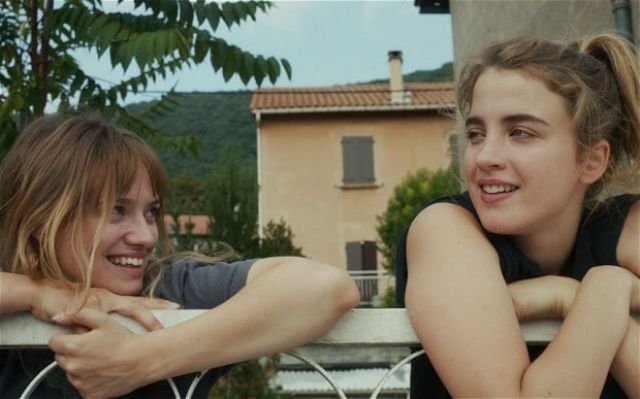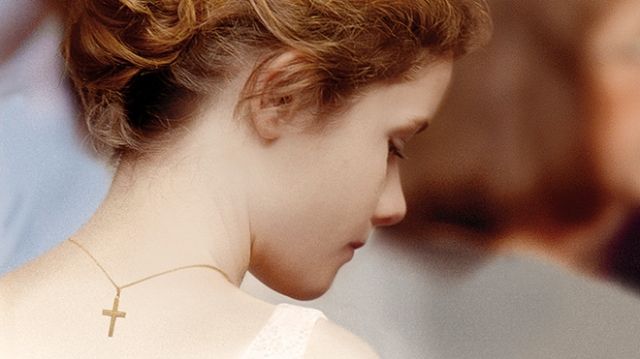
Gritty and succinct in its presentation, the film paints about 20 some years of a woman and her immediate family and friends in a fleeting style. Suzanne (Sarah Forestier) is a daughter of a blue color 18 wheeler driver Nicolas (beautifully played by François Damiens) and an older sister of Maria (Adéle Haenel). You can only tell a passage of time by Nicolas's thinning hair on top. Main attraction here is of course, Forestier. As a young woman who makes some really bad choices early on, her Suzanne is an ordinary girl who has no luck in life.
With co-screenwriter Mariette Désert, Quillévéré moves the film briskly, jumping time forward in major way, leaving the audience to catch up both narratively and emotionally. We never get to see a botched home invasion/robbery that sends Suzanne to prison, we never get to see her young son growing up in foster care, we never get to see Maria's social life. We only get the glimpse of Suzanne's life every 5 or so years, not in a calculated, 'the super hit medley of my life' but more fleeting, observing someone's life with a sense of melancholy. This way, Quillévéré eliminates a sense of that false expectation/manipulation that comes with moviemaking. We see excellent actors portraying beautiful characters and we share their regrets, loves and their sadnesses together. Suzanne is a massively affecting film, much more so than any of Dardenne Bros. films.
